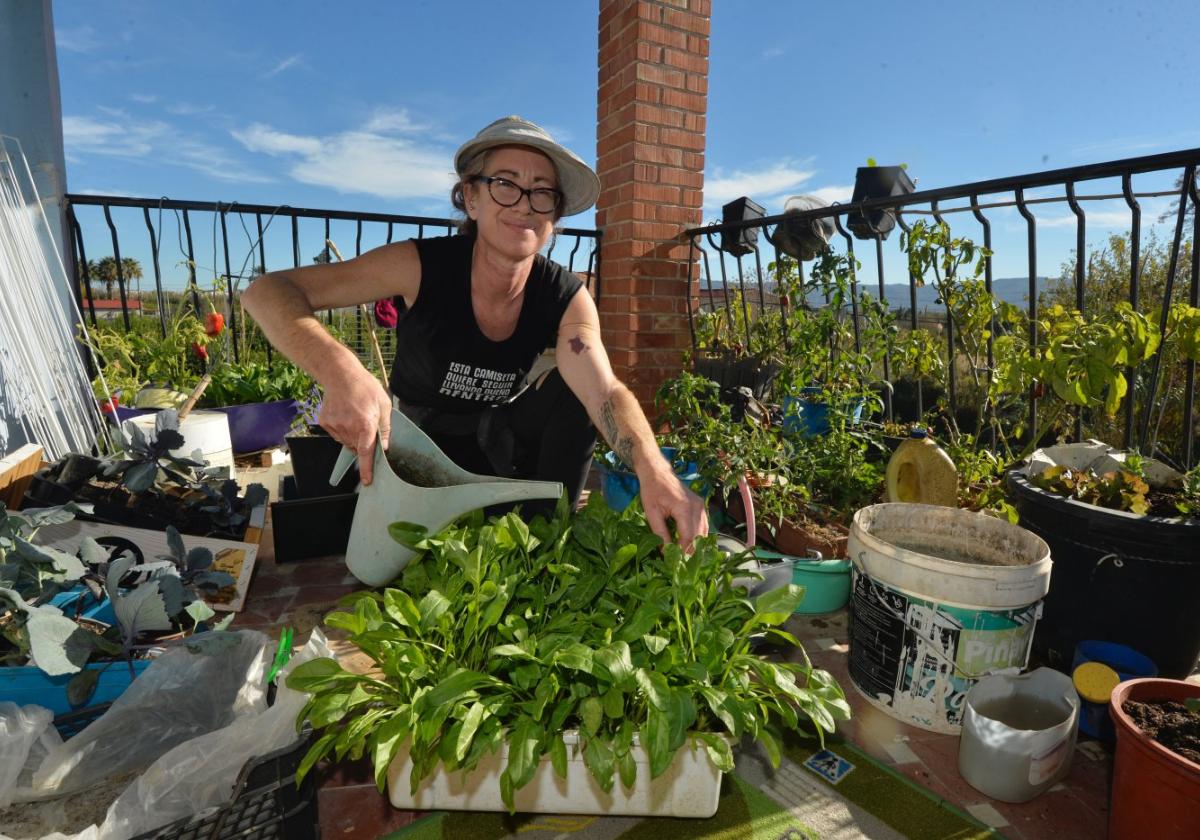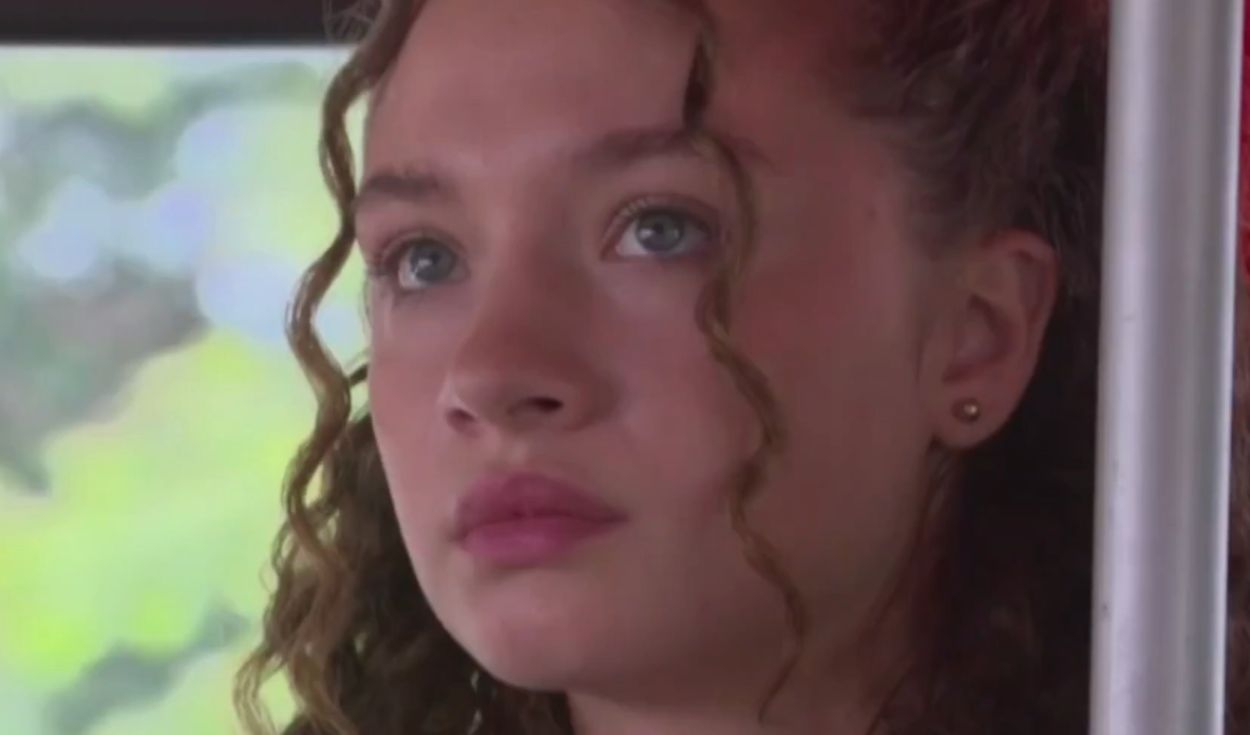Anguish and fear. These two negative emotions also characterize people who suffer from ecoanxiety, a term that seems to flourish as the planet warms. It is not considered a disease from a medical point of view and is hardly studied. Even some specialists despise it. However, the American Psychological Association coined it as “the chronic fear of suffering an environmental cataclysm that occurs when observing the seemingly irrevocable impact of climate change and the associated concern for the future of oneself and future generations.” In society, which is constantly evolving, there is a considerable increase in people who believe that in the immediate future they will have a hostile life due to food shortages, soil desertification and less access to water, among others. Precisely, Spain presents the highest level of concern about climate change: 78% of people surveyed reported feeling strong negative emotional responses, according to research carried out in 32 countries published in the journal 'Environmental Psychology'.
«The world is suffering; “You have to take care of it,” recites a three-year-old girl as she leaves a school in Murcia, where she tries to instill love and respect for nature. The minor is not yet aware that the Earth is warming, with record temperatures that are constantly increasing and whose consequences translate into an increase and intensification of natural disasters.
“When I think about the climate emergency, I feel short of breath and I go into a state of panic about what we are going to leave to future generations,” says Sally Johnstone, a 49-year-old Londoner who moved to Murcia almost two decades ago. . This English teacher and mother of two children – 15 and 11 years old – assures that her inaction against climate change causes her “anger” because it “is completely avoidable.” “Since I discovered about seven years ago that the recycling process does not work and that everything is a hoax, I have retreated into myself,” confesses the British woman, who lives in an isolated house, separated from others, within the Murcian district. from La Arboleja, where he raises several species of animals such as chickens and takes care of a small garden.
Children are not exempt from this ailment due to the information they hear in their environment, warns an expert
Climate change – including rising sea levels, shrinking mountain glaciers; the acceleration of melting ice in Greenland, Antarctica and the Arctic; and changes in flowering times – leave her “without wanting to do anything,” says Johnstone. “There are some psychologists who think I am autistic, others who don't, so who knows, but I feel very autistic,” continues this woman, who refuses to go to ecological meetings because she is terrified of the idea of having to use the car to commute. In addition, she uses products that harm the environment as little as possible, while she tries to save water, which she reuses to water the plants.
“The crude reality”
The symptoms of ecoanxiety range from mild stress to clinical disorders such as depression, anxiety, post-traumatic stress disorder, and suicide. And it is suffered, above all, by people fighting on the front lines against climate change such as scientists, activists and environmental journalists, but also children, says psychologist Laura Aránega, whose practice is located on Gran Vía, in the heart of Murcia. The professional, who has treated about 20 people in the last year and a half, warns that messages warning about “the harsh reality” are increasingly affecting a larger segment of the population, especially young women.
“Those who suffer from this disorder have previously felt very little understood and respected by other specialists, even with contempt,” says Aránega. He emphasizes that he deals with the disorder as if it were a duel. “Its symptoms are the same as in a situation of generalized anxiety, but it is associated with events that have to do with the climate emergency,” explains Aránega, who emphasizes that there are peaks in cases when an external event occurs that reminds them of the climate crisis such as a heat wave or forest fires.
The Murcian specialist accompanies researchers and communicators who feel how climate change affects them in the performance of their own work. But she emphasizes that there are also “parents who question why they have brought children into this world” in the face of catastrophic predictions. She points out that they stop doing leisure activities with those closest to them and close in on themselves. Minors also suffer from this ailment due to the information they hear in their environment, the media and at school, she highlights. Aránega recommends talking openly about this fear with sensitive people, dosing the news and enjoying the tranquility that nature transmits.
-
Volunteering and reflection, guidelines against an increasing ailment
“One feels that frustration that we are going to suffer the worst consequences of the climate crisis in an increasingly near future and the obligation that we have to push governments to put pressure on multinationals to prevent the planet from overheating,” indicates Helena Vidal, social psychologist and spokesperson for the Equo-Verde political formation. “But it also generates a feeling of guilt because we think that we can always do more, that it is never enough,” says the activist in defense of the environment.
Vidal specifies that, first, “it is necessary to validate these feelings of anguish and fear because anxiety that is not based on something subjective but on scientific evidence is not the same” and, second, “encourage people to undertake actions that allow them to feel coherence.” between what we do and what we defend at the level of sustainability.
The psychologist insists that we should not spend time reading news related to the climate crisis, especially of a negative nature, but rather look for activities such as volunteering, as well as meditate and reflect to understand that individual action serves to improve the environment. “I myself have suffered episodes of eco-anxiety because I read a lot during my university period, which caused me worry and sadness, at the same time that led me to participate in climate activism,” says Vidal. She confesses that she manages to “channel and change that frustration in the face of the climate emergency as empowerment through action.”
#Ecoanxiety #catches #fire #Region #face #evidence #climate #change








